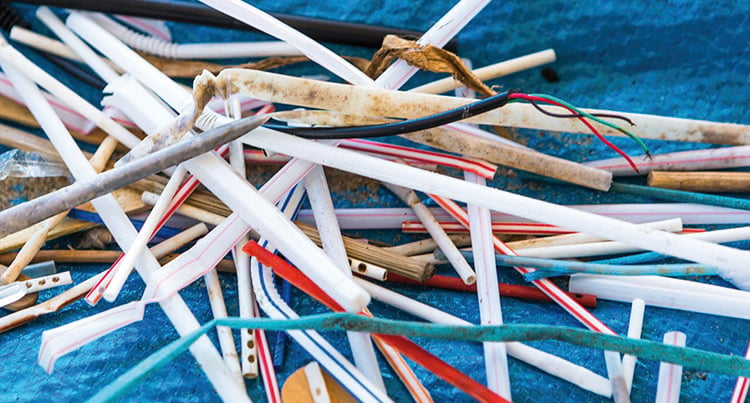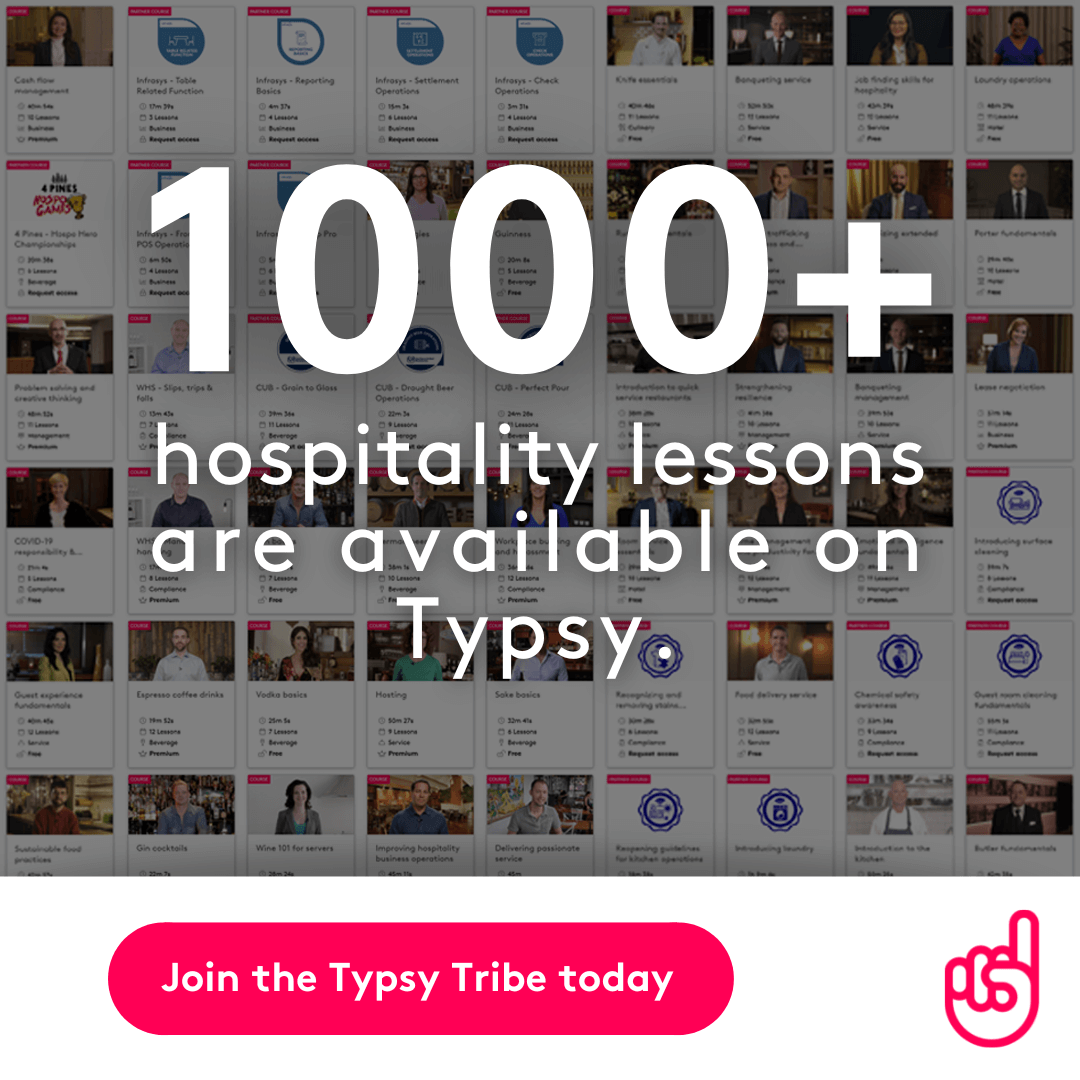It’s a no-brainer that plastic is bad for the environment. Just turn to your local beach and there’s a good chance you’ll find at least one piece of plastic washed up on the sand. With calls to action increasing, supermarkets around the world have taken up a stand and gone single-use plastic bag free.
But things aren’t stopping there. Environmental activists are now turning to plastic straws with many groups stating that in some countries, like Australia, about 10 million plastic straws are used every day. The call to action has been heard across the world and now businesses, airlines, hotels and more are taking the pledge to go plastic straw free.
So, what is the plastic straw war all about and what should you do about it?
The plastic straw war may only just be hitting the media enforce now, but it’s been happening in communities across the world for years. Countries like Morocco have been regulating plastics since 2016, while the city of Seattle has been the forerunner on the plastic straw ban since 2008. Fast forward to 2018 and the city has now become the first major US city to ban single-use plastic straws and utensils.
But it’s not just countries and cities taking on the plastic straw ban. Global businesses including Starbucks, Bacardi Rum, McDonald’s, Marriott Hotels, Hyatt hotels, American Airlines and more have all decided to phase out plastic straws in the coming years.
So, what’s all the fuss about? Well, recent statistics show that in the US 390 million plastic straws are used each day. Unfortunately, this is where the issue lies: many people don’t actually need plastic straws to enjoy the drinks they love. And many who use plastic straws don’t dispose of them correctly.
In many cases, plastic straws end up in waterways which then flow into the ocean. From there they are carried by currents to ocean borne-garbage grounds like the Pacific Garbage Patch – now with a total mass of approximately 80,000 tons and a weight equivalent to 500 Jumbo Jets.
If having a huge plastic dumping ground in the ocean isn’t bad enough, sadly many pieces of plastic are consumed by animals traveling along the ocean currents. The Ocean Cleanup estimates that about 700 aquatic species have encountered marine debris, and 92% of these interactions are with plastic.
As marine life, such as fish and shellfish, consume plastics they also consume the harmful chemical which are contained within the items. Humans then consume these animals and inadvertently consume those plastic chemicals. Studies have even shown that plastic chemicals can have a disruptive impact on humans with some even causing cancer.
If these statistics are making you think twice about plastic, that’s just the first step. Saying goodbye to the plastic straw in your business doesn’t have to be a struggle.If you worry that your customers will complain, take into consideration that for many people using a plastic straw is not even a necessity.
However, keep in mind that for some people, plastic straws are a necessity. Those with disabilities often use plastic straws to help them eat and drink. Despite the availability of plastic free options, many are not suitable to be used in liquids above 40 degrees Celsius making them impractical for soups or hot beverages.
If you do plan to implement a plastic straw free initiative in your business, here are a few options you can look towards:
‘Request only’ straws
Many drinks don’t actually need a straw to be sipped on, so implement a system where customers need to request to receive one. You could then choose whether the straws you offer are reusable or plastic. This option is great, especially if you have customers with disabilities who need to use a straw to eat or drink.
From September 1, 2018, Hyatt Hotels around the world made plastic straws available on request only with eco-friendly alternatives provided where available.
Reusable straws
Scrap the one-use plastic straws completely and start using reusable straws. Much like the reusable cups customers now use to purchase their coffees, look at reusable straws – glass, metal or silicone - too. This type of straw can be costly, to even it out why not bring in a ‘pay for a straw’ system to your restaurant?
Starbucks has implemented this idea already and have had a huge success with their reusable cup and straw combo. Plus, it’s great marketing too!
Naturally degradable straws
There are many options on the market and some are even made from renewable resources, are biodegradable and compostable. That means that even if your straws do accidentally end up in the environment, the harm done is significantly less when compared to plastic.
Look to companies, like Aardvark Straws, who are providing options like paper which decompose in around a month. Plus, they are the only global company offering bendable straws too!
Getting on board the War on Straws is a great way to help the environment. With a variety of plastic free options on the market, it’s easy to get involved. But, before you jump on the bandwagon, keep in mind that some of your customers need plastic straws to help them eat and drink.
Looking for more ideas on how to decrease your waste? Typsy instructor and CEO of Toast Ale, Rob Wilson, can give you some tips.
Typsy’s 1000+ hospitality lessons are practical, effective, and fun! You can learn more about everything from finance to service and leadership skills.
Best of all, you can access Typsy as and when it suits you.
Learn your way - starting today.
You might also like:
.gif?width=1200&height=400&name=Hubspot%20Blog%20banner%20GIF%20(2).gif)

.png?width=858&name=Typsy%20%20We%20teach%20hospitality%20to%20the%20world%20%20typsy.com%20blog%20banner%20_%20(1).png)





